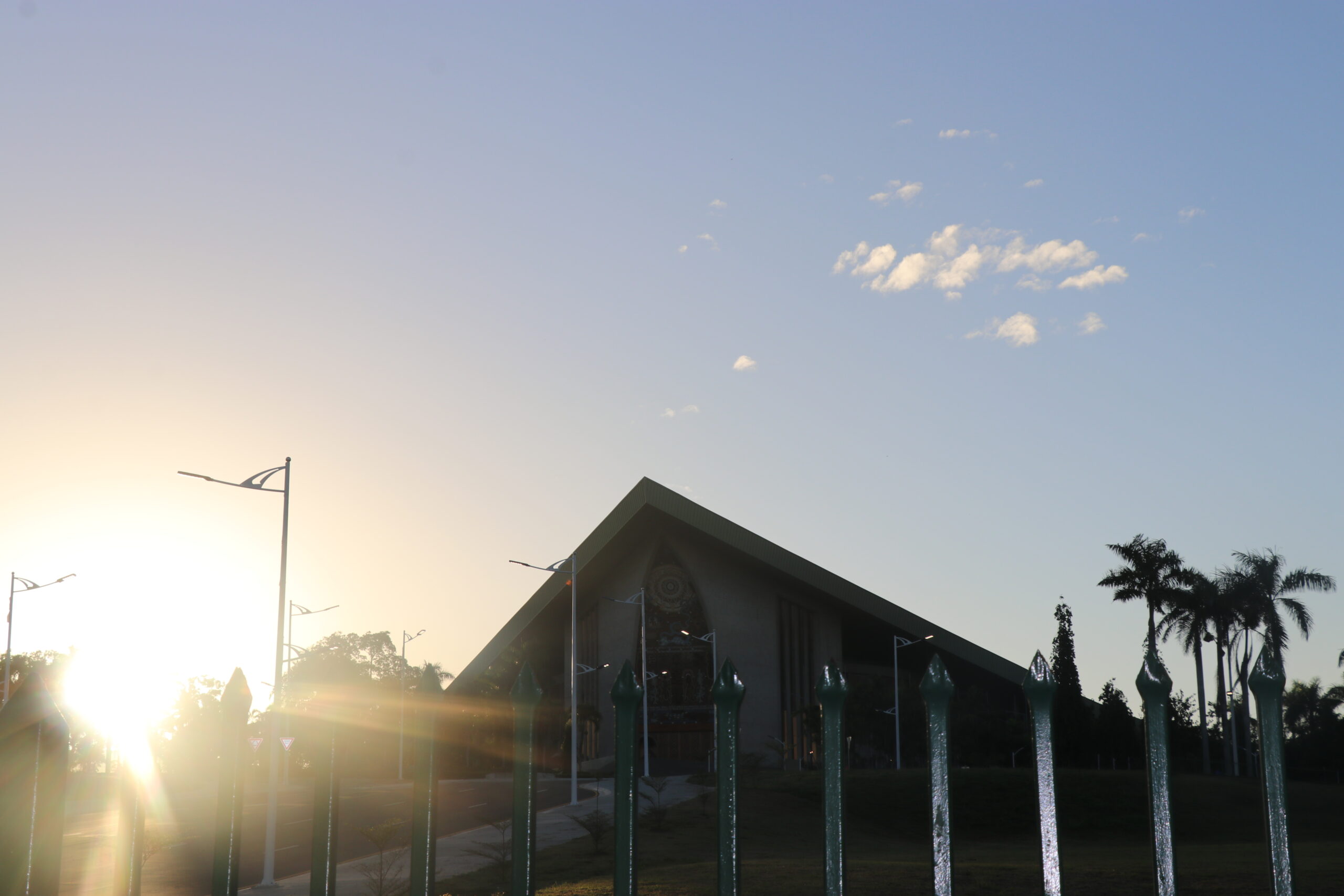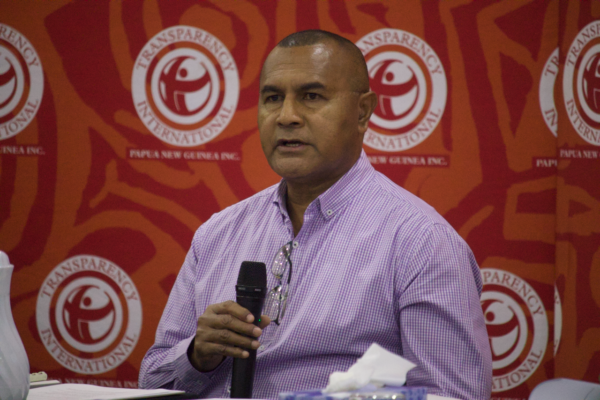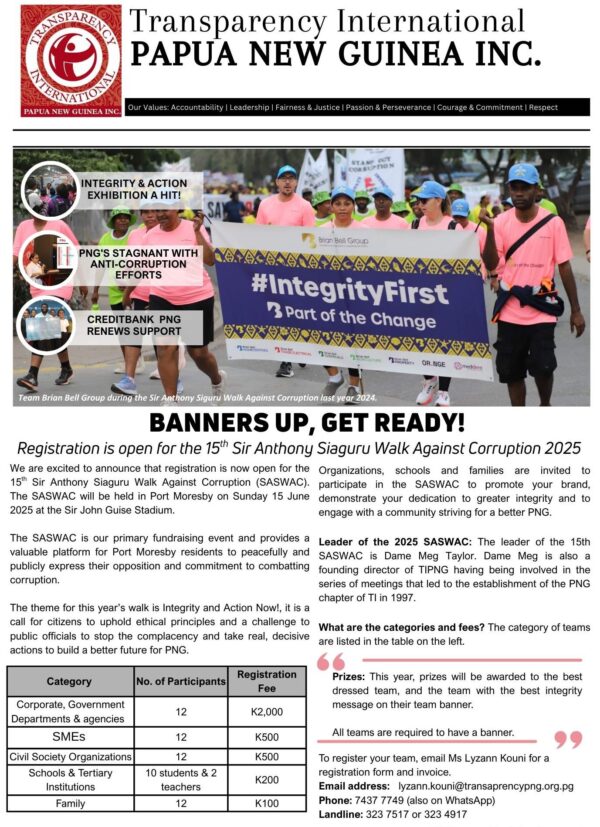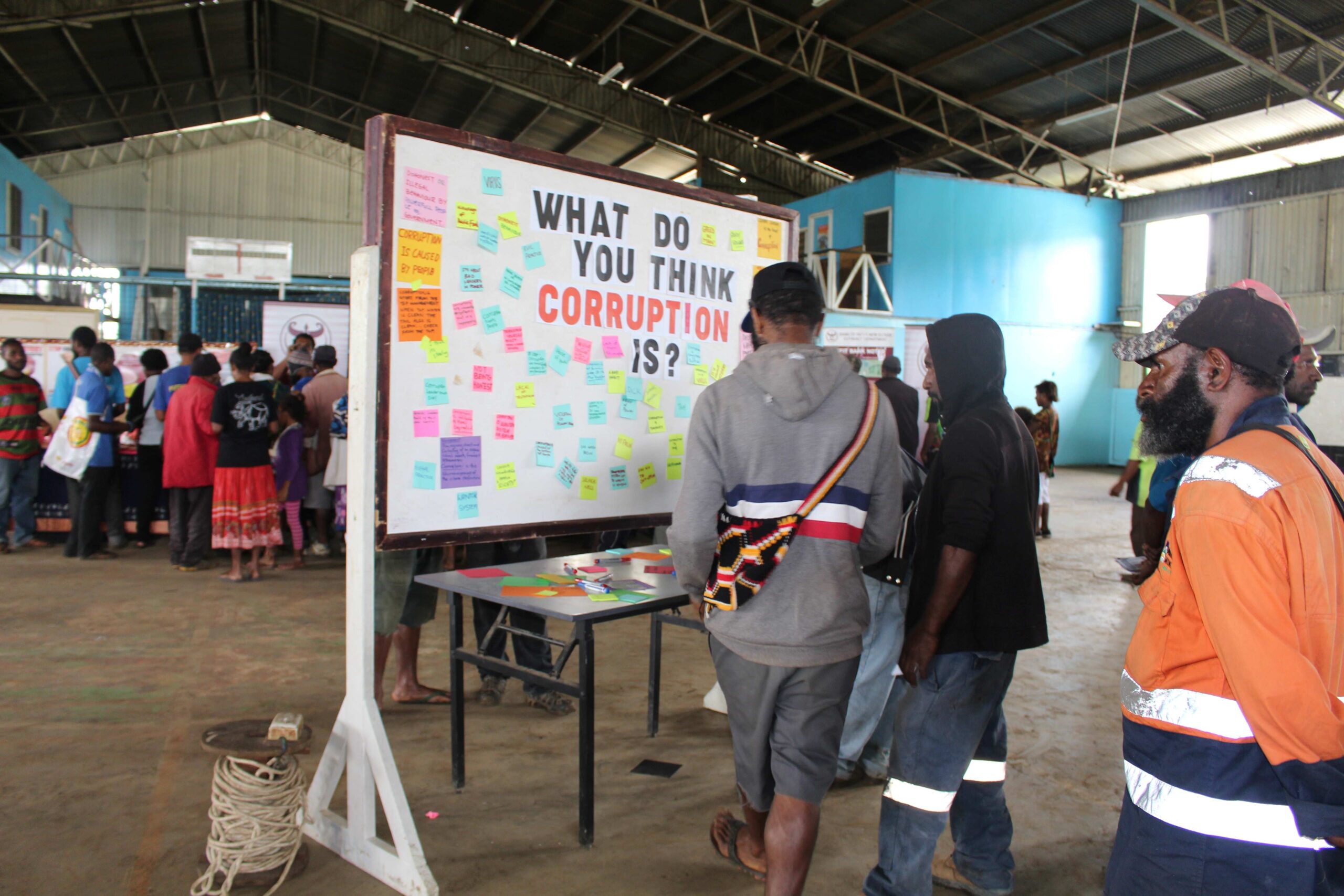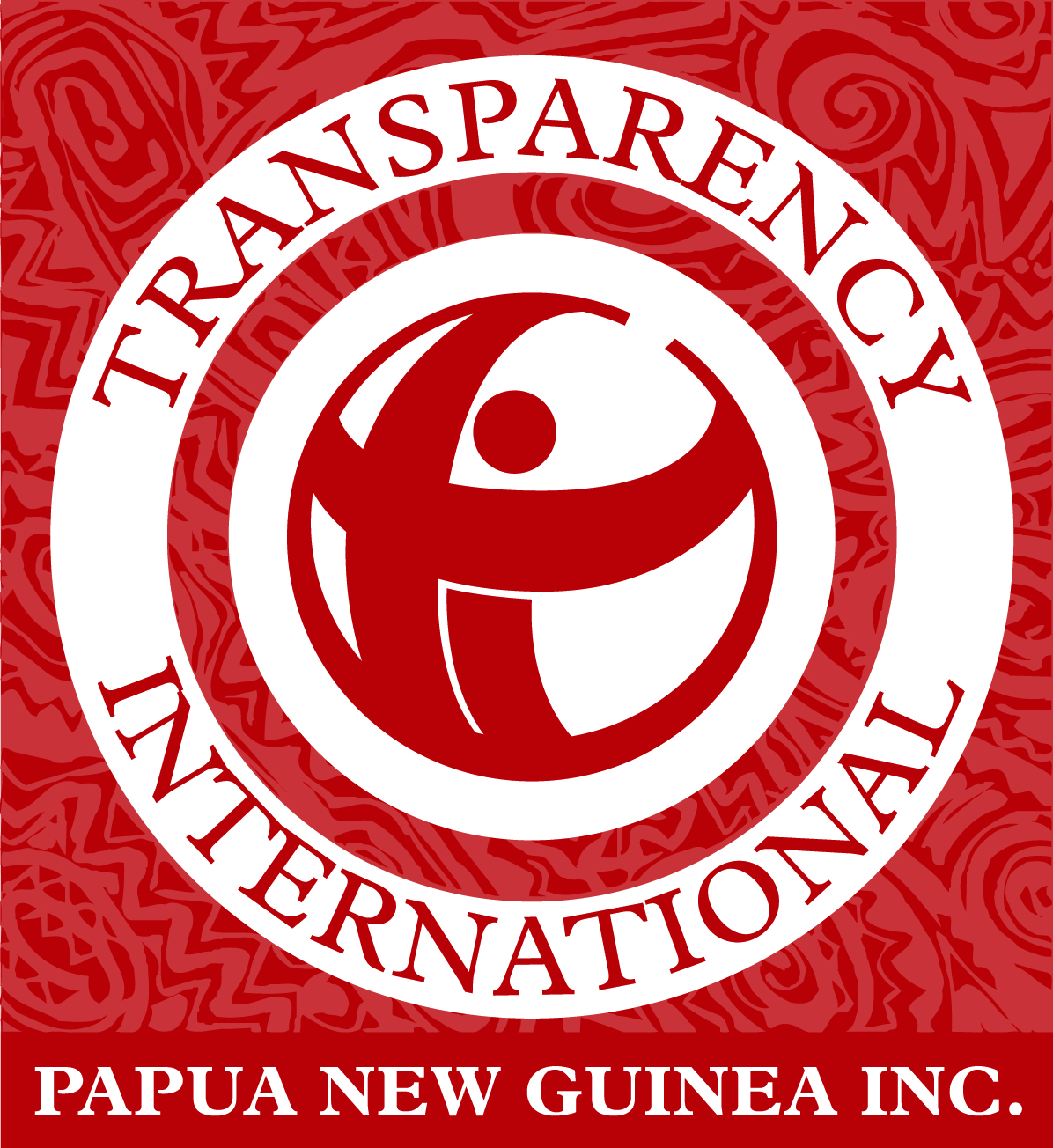Monday 27th May 2024, Port Moresby – Transparency International Papua New Guinea (TIPNG) is calling on the Government to not use public funds to pay for political camps, such costs should be paid for by each member of the Coalition and doing otherwise would be an abuse of official powers. In a statement, TIPNG also calls on the Ombudsman Commission to issue a notice to all Government Departments during this time of political horse trading to remain neutral. Of particular importance will be the role of state lawyers to maintain the integrity of their office and to not take sides but provide impartial advice to the institutions of state and our parliamentarians.
“Rather than informing us of their political numbers, leaders of political camps should issue clear statements on their development priorities and also communicate how they plan to tackle corruption” said Peter Aitsi, TIPNG Board Chair.
“MPs have a duty under the Leadership Code not to diminish respect for and confidence in the integrity of the State in Papua New Guinea. This includes respect for laws on votes of no confidence, parliamentary processes and party registration procedures which should be independently administered in the public interest respectively by the Parliamentary Offices of the Speaker, the Clerk and the Registry of Political Parties.”
“Furthermore, citizens’ rights and media freedoms should not be undermined for political gain. The Cybercrime Code Act must not be used selectively to silence political opponents nor to supress public debate. The focus for the national integrity and law enforcement agencies during this time should be to protect and safeguard public funds, such as DSIP which belongs to the Constituents of an Electorate and not the MP, public funds must not be misused to garner political favour or loyalty,” said Mr. Aitsi.
Section 5 of the Organic Law on the Independent Commission Against Corruption (ICAC), defines corrupt conduct by a public official as including abusing official functions and exercising official functions in a way that is not impartial. Section 45 of the Organic Law on the ICAC establishes a legal duty on those subject to the Leadership Code, including Political Party Leaders, MPs and heads of public bodies and state agencies, to report corrupt conduct to the ICAC. These provisions of the ICAC support the existing constitutional powers of the Ombudsman Commission, under the Leadership Code, to investigate alleged or suspected misconduct in office.

